How to Make Your Down-Time More Rewarding
Do you ever feel like you’re always tired, even after taking a break? Do you wonder why you need so much rest, or why it doesn’t seem to help? You’re not the only one. Many people struggle with feeling drained and depleted after their down-time. They wish they could feel more refreshed and energized, but they don’t know how to get the most out of their rest. Let me share some tips with you!
Truly switching off
Imagine your computer is on standby mode. It’s not fully turned off, but it’s ready to wake up at any moment. That’s what happens when we take some physical distance from others, but we still keep our minds alert and ready to respond to their demands. For example, you might be chilling at a park, but as soon as you get a text from your partner asking you to buy something on your way home, you snap out of your relaxation. Keeping your mind on alert and available to others sucks up your energy. To avoid this, try turning off your notifications or your devices, or leaving them behind when you take a break.
Dealing with your feelings instead of avoiding them
We often hope that our unpleasant or uncomfortable emotions will just go away or stop bothering us, but that’s not how it works. Emotions are natural reactions to what’s happening in our lives, just like physical pain is a signal that something is wrong with our body. The best way to ease pain is to find out what’s causing it and fix it. When we use things like technology, substances, food, or certain activities to numb ourselves during our down-time, we’re just disconnecting from our feelings, not solving them. Because we’re not healing our emotional hurts, they will come back sooner or later. Instead of binge-watching shows on your favorite streaming platform, try writing a kind letter to yourself or practice calming your anxious inner voices.
You’re judging yourself for resting
Many of us have inner voices that criticize us for taking down time. We hear things like “You’re lazy!” or “You’re irresponsible!” or “You’re such a loser, you can’t even do the dishes!” This harsh judgment may make us ignore our need for rest and try to prove the voices wrong. Of course, this only makes us more tired than if we had listened to our body and rested when we needed it. Then we feel more guilty and more exhausted. The next time those mean voices show up, close your eyes, put your hand over your heart, breathe slowly and deeply, and say something like “Resting doesn’t mean I’m lazy or irresponsible, it means I’m human. Resting when I need it is a way I take care of myself.”
Being more mindful about our downtime is hard - that’s why we may be tempted to escape and blame ourselves for needing rest. But this won’t make things better and may even make them worse. Being more mindful may also require some help from others. Talking to a therapist can help us to spot unhealthy patterns, come up with ideas on how to change them, and keep ourselves on track. If you’d like some support with any of this, please get in touch.
Warm wishes,
Tekin Meric, MSc
Counselor & Coach
If you would like to receive counseling or coaching support as you navigate your life issues, please feel free to reach out. I would be honored to hold a space for you online or in my practice in Amsterdam.



